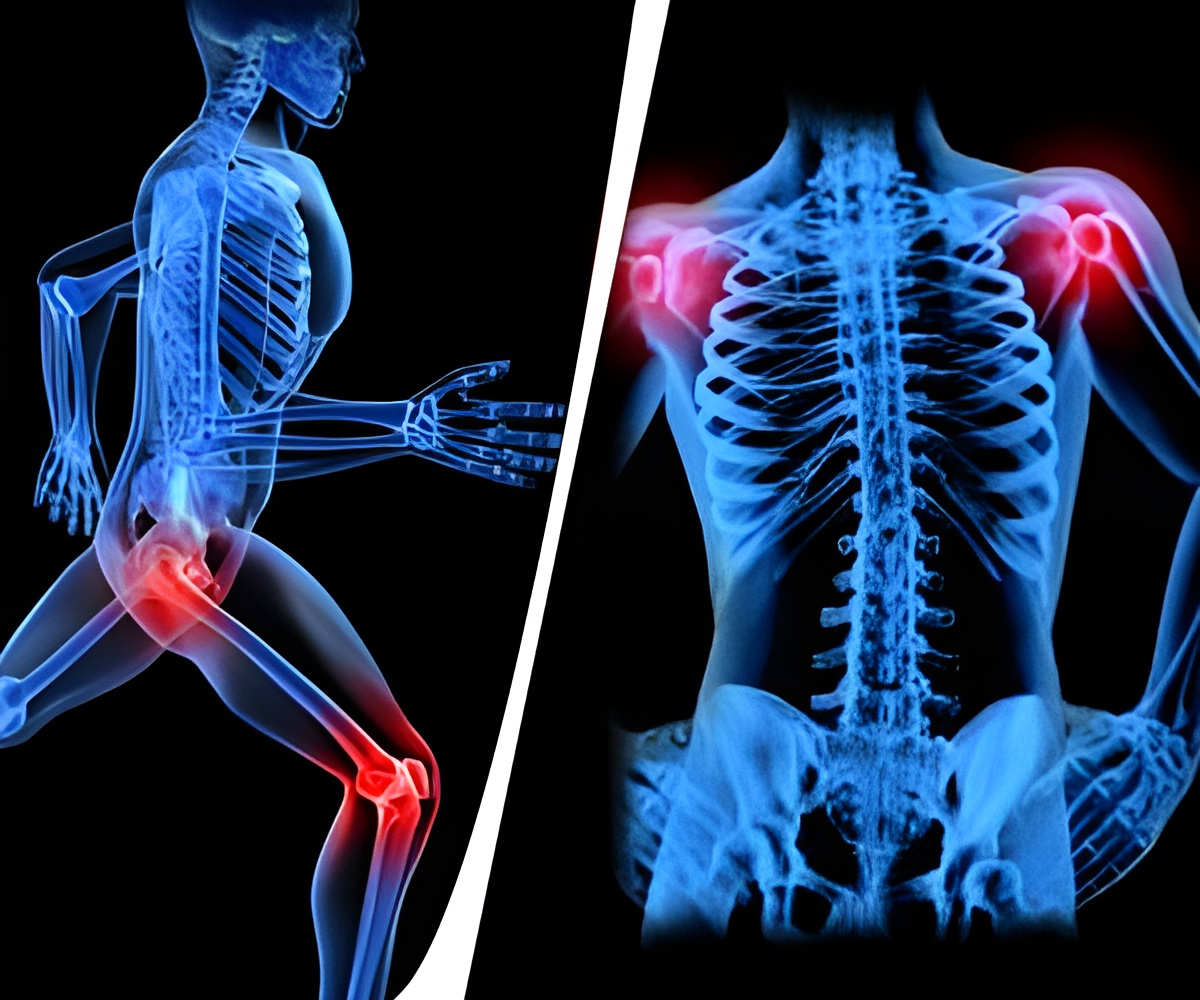First Nations children and youth are experiencing more pain and less access to specialist and mental health services than non-First Nations children.

‘Both physical and mental pain are comparatively more in the indigenous population of Canada, which leads to 5-7 times more suicides among them.’





The study looked at data on 2631 First Nations and non-First Nations children and youth aged 17 years and younger who accessed care and specialist treatment for pain in Atlantic Canada between 1997 and 2015. Compared with non-First Nations children, the proportion of First Nations children and youth who sought treatment for 10 out of 13 pain indicators was higher. These included admissions to the neonatal intensive care unit, diagnoses of dental and ear conditions, headache, burns, diabetes, wounds and fractures. The finding of many diagnoses of painful ear and dental conditions was consistent with other research, although the lower percentages of visits to certain specialists by the First Nations group was unexpected.
Although the researchers found an association between early physical pain and mental diagnoses in non-First Nations adolescents, they did not find it in the First Nations cohort. They suggest this may be because of lack of mental health services and long wait times leading to delayed diagnoses.
They call for action to address these disparities.
"Given the profound lingering impact of colonization, First Nation newborns, children and youth are a group requiring high-priority designation to create policies to improve access to health services focusing on pain and mental health assessment, management and follow-up," write the authors.
Advertisement
Advertisement










